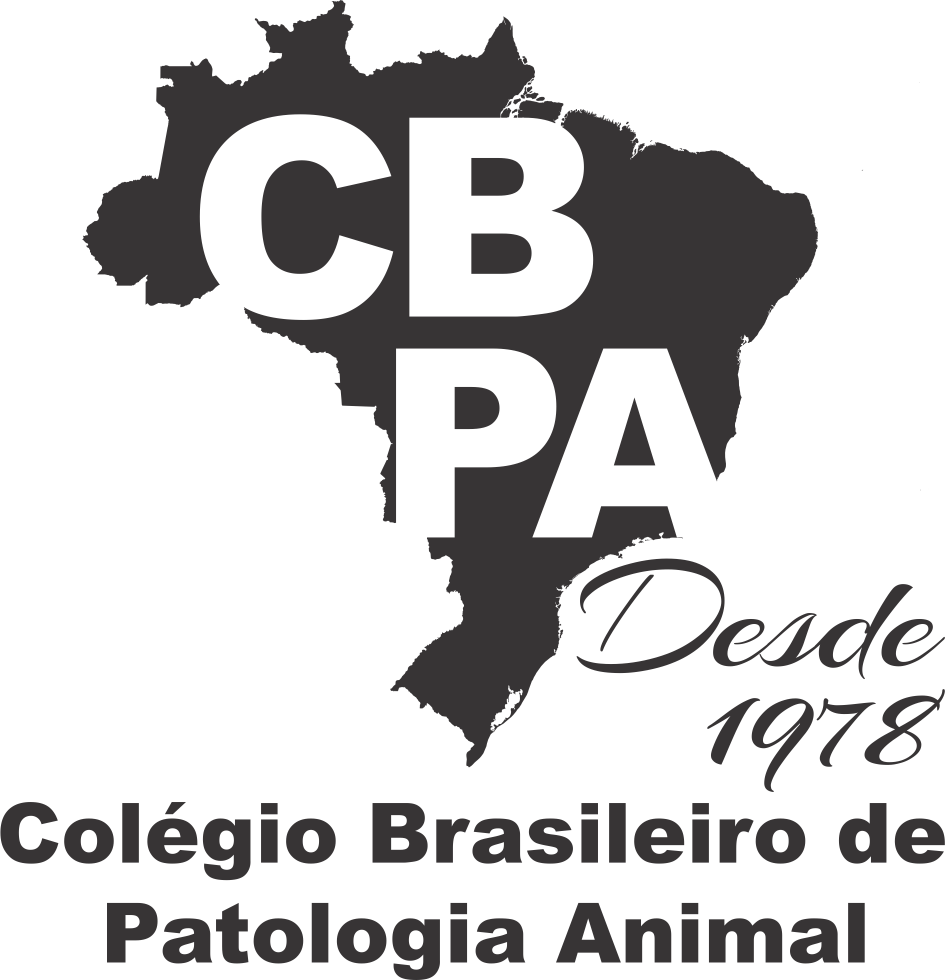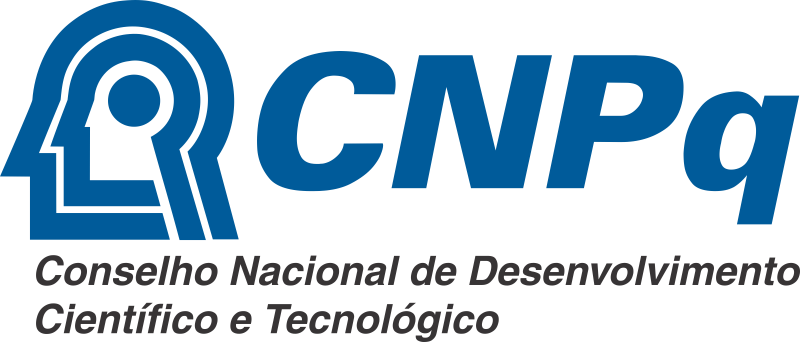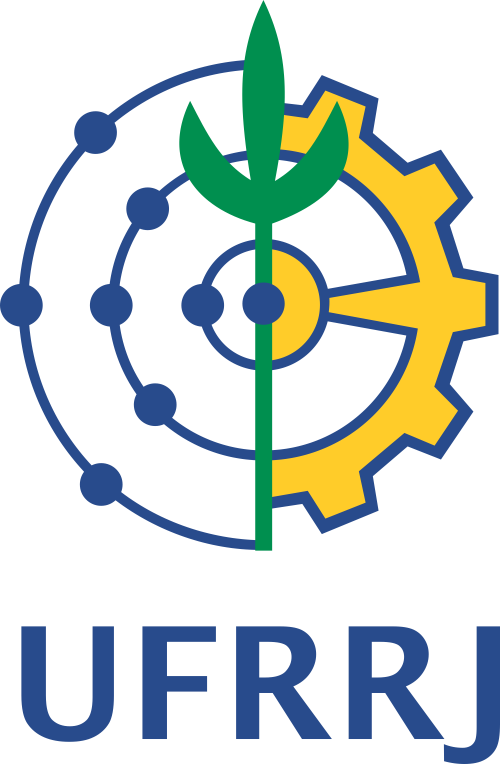Resultado da pesquisa (1)
Termo utilizado na pesquisa surveillance. Santa Catarina (State)
#1 - Serological surveillance for Aujeszky's disease virus in swine in the State of Santa Catarina in 1985
Abstract in English:
In 1985, a program was implemented in the State of Santa Catarina to certify reproductive herds as free of Aujeszky's disease vírus (ADV). The program, based on the micro serumneutralization test for ADV antibodies, requires biannual testing of all reproductive and replacement swine of each herd. Certification of freedom from ADV in given after it is shown that 100% of the swine tested are devoid of those antibodies, and is renewed with negative results on sucessive testing. Testing of 20907 sera from the 71 herds registered with the Swine Breeding Association of the State of Santa Catarina, showed 20692 (99.0%) free of ADV antibodies, 211 (1.0%) toxic for the indicator cells, and four (0.02%) positive. The positive sera carne from two farms, whose animals had recently participated in a pig show in another State, where they carne in contact with infected pigs and were returned to their original herds without being subject to quarantine and testing. The testing of 958 reproductive swine for participation in pig shows resulted in 944 (98.5%) negative and 14 (1.5%) toxic sera. Serological surveillance at Stations for the Testing of Reproductive Swine show e d that 481 (99 .6%) of the 483 sera tested were antibody negative, while two (0.4%) were toxic. Limited sampling of fattening units demonst_rated low levels of infection with ADV. Sera were tested from 61 of the approximately 130,000 fattening units existing in the State, and of 4028 sera, 3939 (97.8%) were negative, 33 (0.8%) were positive, and 56 (1.4%) were toxic. The continuation of the serological surveillance program of swine herds in Santa Catarina is the best guarantee for the contrai of Aujeszky's disease in the State.
Abstract in Portuguese:
Em 1985, iniciou-se, no Estado de Santa Catarina, um programa de certificação de granjas de reprodutores suínos livres do vírus da doença de Aujeszky (VDA). O programa, baseado no microteste de soroneutralização para anticorpos do VDA, requer a testagem bianual de todos os suínos reprodutores e de reposição de cada plantel. A certificação de ser livre do VDA é concedida após a demonstração de que 100% dos suínos testados se encontram isentos desses anticorpos, e é renovada com resultados negativos em testagens sucessivas. A análise de 20907 soros, oriundos dos 71 plantéis registrados na Associação Catarinense de Criadores de Suínos (ACCS), mostrou 20692 (99 ,0%) livres de anticorpos para o VDA, 211 (1,0%) tóxicos para as células indicadoras, e quatro (0,02%) positivos. Os soros positivos pertenciam a dois plantéis cujos suínos tinham recentemente participado de exposição em um outro Estado, onde estiveram em contato com suínos infectados e tinham retornado a seus plantéis de origem sem sofrer quarentena e testagem. A testagem de 958 suínos reprodutores que participaram em feiras e exposições resultou em 944 (98,5%) soros negativos e 14 (1 ,5%) tóxicos. A vigilância sorológica realizada em Estações de Teste de Reprodutores mostrou que 481 (99,6%) dos 483 soros testados, foram negativos para anticorpos, enquanto que dois (0,4%) foram tóxicos. A amostragem limitada de plantéis de terminadores evidenciou níveis baixos de infecção com o VDA. Soros de animais oriundos de 61 dos aproximadamente 130.000 plantéis existentes no Estado foram testados e, de um total de 4028 soros, 3939 (97 ,8%) foram negativos, 33 (0,8%) foram positivos e 56 (1,4%) foram tóxicos. A continuação da vigilância sorológica do plantel suíno catarinense se constitui na maior garantia para o controle da doença de Aujeszky, no Estado.









